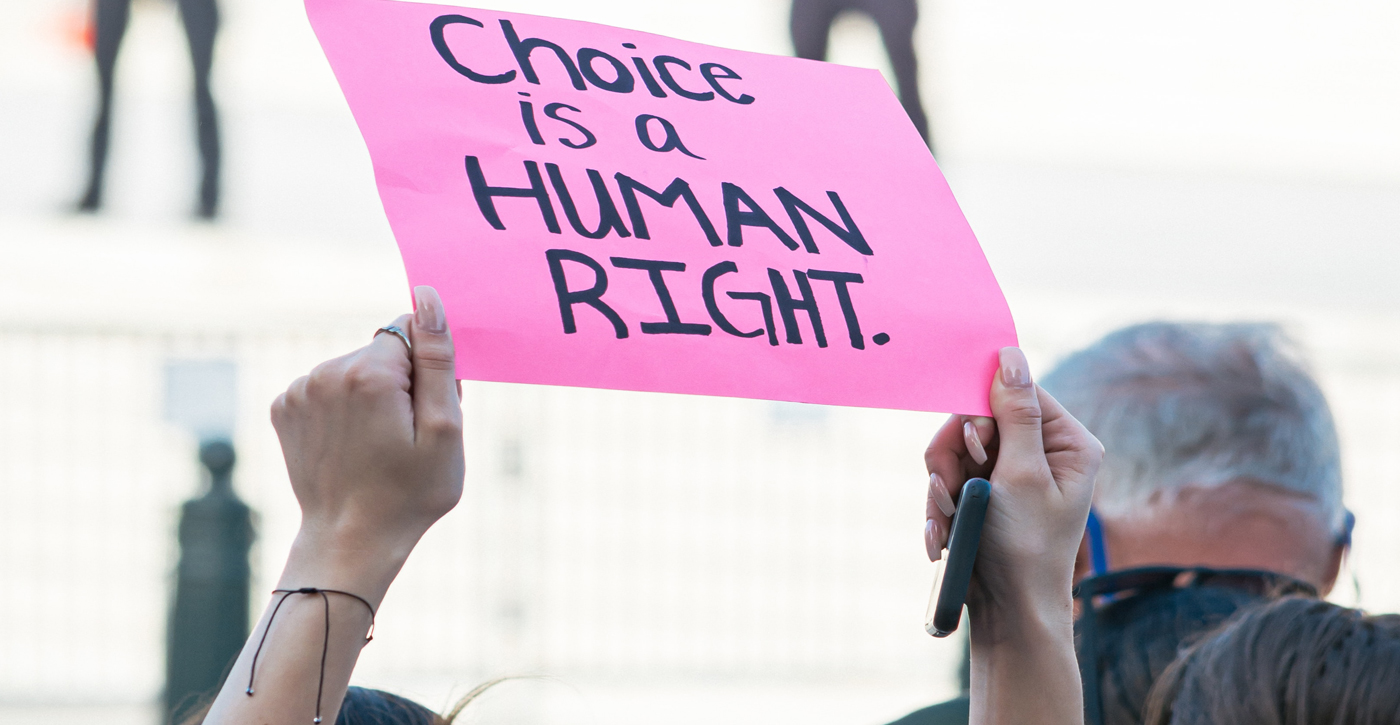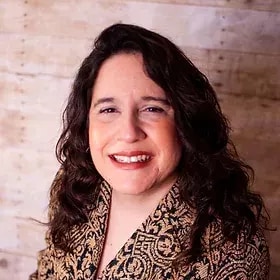Friends Committee on National Legislation (FCNL) approved a policy on abortion and other reproductive issues at its November 2023 annual meeting. The move came after a year of discernment by Quakers at FCNL and in monthly meetings across the country. Previously FCNL did not take a stance on abortion because Friends nationwide were not in unity on the issue. Quakers called on FCNL to adopt a policy after the 2022 Dobbs v. Jackson Women’s Health Organization decision in which the U.S. Supreme Court overturned the 1973 Roe v. Wade decision that had asserted a constitutional right to abortion.
“What we heard from Friends is ‘the silence is deafening,’” said Bridget Moix, general secretary of FCNL.
The policy states:
Quakers recognize that human life is sacred, and that Spirit can guide us individually and collectively. Based on these beliefs, members of the Religious Society of Friends have come to different conclusions regarding abortion. FCNL supports individual discernment in a spirit of love and truth in making reproductive healthcare decisions, as we do in other areas of conscientious moral choice. Government must ensure that people have the legal right to make these decisions. We oppose the criminalization of people seeking, undergoing, or involved in abortion services. We support equitable access to abortion services. FCNL also supports policies that reduce unwanted pregnancies by ensuring equitable access to contraception, sex education, family planning, fertility and adoption services, and support for all who decide to have children.
Moix explained that the policy does not mean that FCNL will lobby on abortion and reproductive issues. Abortion and other reproductive concerns are not legislative priorities for FCNL as they were not identified as such during its most recent legislative goal-setting process in 2022, according to Moix. Identifying legislative priorities involves discernment by meetings across the country which leads FCNL to prioritize issues on which to lobby Congress. Legislative priorities are updated every two years. FCNL invited Quakers across the country to discern the answers to several queries on abortion and other reproductive issues. The ten members of FCNL’s Policy Committee read through all of the more than 300 responses Friends sent, according to Ebby Luvaga, the outgoing clerk of the committee.
“We found out Friends were really engaged in this process,” said Luvaga.
The Policy Committee listened to invited speakers, including a representative from Amnesty International, the president of Feminists for Life, and the founder of the Susan B. Anthony List, according to Luvaga. The speakers spoke virtually at a Policy Committee meeting that was held in a hybrid format June 9–10, 2023. Amnesty International is a global human rights advocacy organization, according to its website. Feminists for Life seeks to prevent abortions by practically and emotionally supporting pregnant women, according to its website. The Susan B. Anthony List endorses anti-abortion politicians, mostly women, according to its website. FCNL also heard from Catholic partners.
The Policy Committee listened to feedback from FCNL’s Executive Committee, staff, and General Committee, according to Luvaga. Some points of agreement that existed from the beginning included support for individual discernment and opposition to criminalization of abortion seekers and providers.
Quaker support for the statement was broad but not universal.
“FCNL does not speak for each and every Quaker,” said Tim McHugh, FCNL’s director of media relations.





Quakers are not lobbying for or against a divisive political issue, respecting minority views. Clearly abortion should never felonize a fearful mother nor require certain loss of her own life to birth a baby. Clearly abortion should never be unlimited to allow abortion based on race or gender, as in other nations not dedicated to equality. Is unequally discriminating based on disability ok? Did we have any choice to flirt, talk, date, hold hands, kiss, use contraception? How many more choices do we need? Do fathers have any rights? How about rights for grandparents or siblings willing to adopt in a low risk pregnancy? Are slavery or rape moral issues for individual discernment? We would not tolerate someone saying they are opposed to slavery, but ok if others decide to enslave. How about personally opposing spouse abuse, but ok for individuals to discern? Is corporal punishment of kids best left to individual discernment? We now have 50 states experimenting with the best ways to solve abortion. A Quaker sticker wisely says “Love thy Neighbor” (no exceptions) because morality matters.
As a former teacher starting Quaker seminary and used to balancing views, would be very interested to know which question, or perhaps balanced core minimum statements, prevented my last post from being approved? Too many new ideas not typically discussed on such a controversial subject? Maybe concluding with “Morality matters.” rather than asking “Does morality matter?” The post seemed rather mild compared to other extremely strong statements broadly demonizing Palestinians posted on FJ. Years ago, a college persuasive writing assignment asked us to take the opposite view, which allowed me to understand another viewpoint that became firmer with growing faith, yet is carefully tempered by understanding the nuances of the issue, and very different for what is moral versus legal. Would greatly appreciate any insight, as did not anticipate speech being blocked, so open to editing with FJ guidance, if text returned by email.
George, it’s a long holiday weekend. Sometimes we don’t get to the comment queue right away. Sorry to have delayed approving it.
Just learned pro-life groups claim 95% of 900,000+ annual abortions are not the more controversial types (rape, incest, life/health of mother, severe disabilities) and would have resulted in a normal healthy baby. CDC says we have about 600,000+ annual abortions, ranking on par with heart disease and cancer as top killers in US. Pro-choice groups probably have a different percentage, but seems certain to be less than 50% and probably less than 25% of abortions were the most extreme cases. So, could we all get along and try to figure out how to save thousands of healthy babies by offering incentives to give birth, and not incentivizing abortion of healthy pregnancies? Could we explore giving direct relatives (father/grandparents/siblings of parents) an equal right to adopt if a normal healthy pregnancy? Setting aside more controversial disability discrimination, so many abortions are of minorities and poor, which makes abortion seem both race and class discriminatory. Even gender discrimination may be legal, but how much lethal discrimination are we morally and ethically ok with? Could we do better if we tried to work together instead of being divided and distracted by billionaires using winner-take-all (exclude everyone else) politics to limit us to two dysfunctional parties to better control obtaining more power and money?